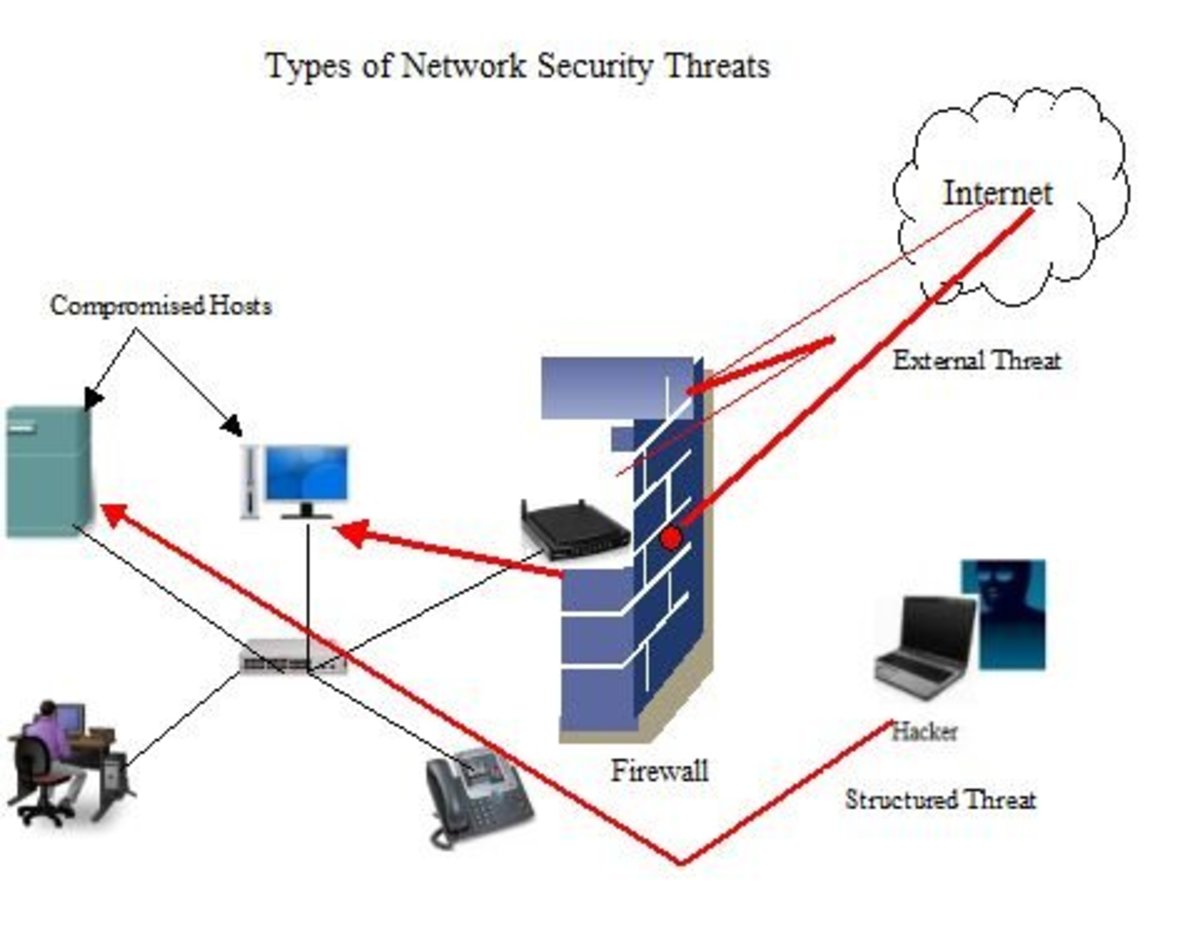How to deal with Insecurity

The best thing that you can do to overcome insecurity is ‘turning off’ the source. ‘Turning off your fear’ may start with shutting off the network news. Cutting off what produces insecurity at the source is always a good place to start. Once the source of the insecurity is removed, you can work on reducing the insecurity itself. It makes little sense for you to try overcoming insecurity when you continue exposing yourself to material that makes you more insecure.
There is an old saying in the South, that “it is hard to remember that you job is to drain the swamp when you are busy fighting alligators”. For that reason, you need to remove the threat or source of insecurity before trying to reduce it.
Network News: Intentional Insecurity
It is not by accident that network news is presented in a way that exploits your insecurity. The networks want advertisers, and advertisers sell their products better when viewers like you are insecure. If you were secure, you would not likely purchase what they are selling. When your equilibrium is upset, you are more likely to buy their product. This is especially true when their products are antacids or blood pressure medications. You may want to notice who advertises on the network news. The companies presented are often those who benefit from your insecurities. The news is also presented in a manner that creates ‘tension’ or dissonance. These tensions or dissonance are then amplified to make you more insecure. The products of advertisers are presented as a way of reducing your tension or make adjustments in your functioning so that you can tolerate things better. They sell based on making you insecure or tense.
Not only does increasing your insecurity increase sales for the advertisers, it also keeps you watching the news. Leaving you feeling insecure often leads you to watch more of their program in search of something to 'make everything all right'. In some cases, they end the news with a light hearted story, or a personal take on things which reduces some of the tension they created. The networks do not want to reduce all your tensions, since they want you to continue watching their regular programming as well. Keeping you insecure keeps you watching their transmissions.
Overcoming Insecurity
For you to overcome insecurity, it helps understanding where it comes from. There is often a trigger that leaves you feeling vulnerable. That vulnerability may be actual or perceived. Whether or not you are physically vulnerable becomes a moot point. When you believe or feel that you are vulnerable, you start experiencing insecurity. This insecurity is often accompanied by anxiety. Although anxiety is often defined as an irrational fear, when you start experiencing it, you are fearful. While in a fearful state, you are vulnerable. That vulnerability may be economic, relational, emotional, spiritual or physical in nature. What you know is that you are no longer safe. Life is not going to continue the way it was going.
In terms of security, you may be using your money, your relationships, your position in society, your church, your children or your job as the source of your security. When something threatens that source of security, you have reactions. Since the threat impacts you on a personal level, your reaction to the threat may be exaggerated. The exaggerated reaction is not so much that the threat was that severe, you just felt that threatened by it. When you are reacting to those threats it is common to have strong reactions. When society is experiencing major changes the likelihood of insecurity increases. Dealing with changes often threatens your security. Many of the places where you have traditionally found a sense of security are no longer as secure as they once were. You no longer can count on job security, social security, or numerous other areas. When laws and policies are unstable, changing with each election, any stability you may have hoped for is gone as well. You may have placed your security in science or health. Even the areas of science and health have been unstable. The health care field has changed their definition of what makes high blood pressure and other health indicators. Scientific thinkers have made similar changes as well. It is not that the functioning of the world or your health has changed, what is considered ‘healthy’ or ‘sound’ has been redefined. To make things even more unstable even the definitions of marriage, family and mental illness has changed. With the new changes, what security you once experienced is now challenged.
In terms of dealing with the threats to your security, you may need to re-evaluate the foundation of your security. With a redefining of security, you may have to redefine your sense of identity as well. It may require a paradigm shift. Since so many areas are going through changes, you new sources of security may change as well. To reduce insecurity, you may have to create ‘islands’ of security or pockets of security. You may also have to accept that change happens and learn how to be flexible in adjusting to the many changes.









